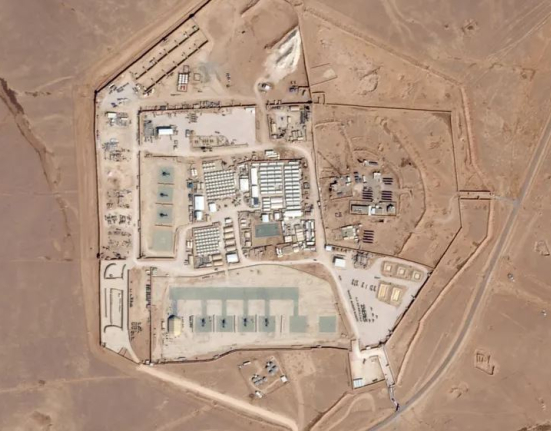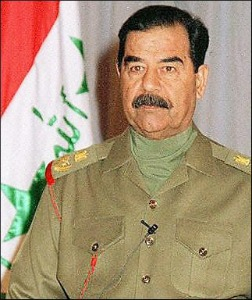By: That's Enough Editorial Team
At a time of global developments where most of the focus is on the Russian-Ukrainian conflict in the Balkans, less attention has been paid to Bashar al-Assad's visit to Tehran. A journey that is of great importance in its kind and shows a change in the geometry of power in the region and the strengthening of the axis of resistance.
Regarding the importance of the trip, it should be noted that the presence of Bashar al-Assad in Tehran is not unrelated to the issues of Ukraine. The Russia-Ukraine war has turned into an erosive war, and the Russian government intends to withdraw its forces from Syria. In fact, during the years when Russia, along with Iran and Hezbollah in Lebanon, came to the aid of the Syrian government in the fight against terrorism and extremist Islamist groups, Moscow found a special place in the Syrian political sphere. Russia intends to leave Damascus, a few years after the Syrian crisis, and while relative calm reigns in Damascus's political situation and Bashar al-Assad has been able to overcome the crisis. Moscow currently has twelve military bases in Syria, and despite the fact that Russia's military presence in Syria is said to be by air, more than 60,000 Russian advisers are present in Syria. Due to the necessity of war and fighting in the eastern and southern regions of Ukraine, Moscow intends to withdraw its forces from Syria.
Now the presence of Bashar al-Assad in Tehran is better understood and analyzed. In fact, with the withdrawal of Russian troops from Syria, there will be a power vacuum in Syria, which will affect the Syrian political scene in terms of security, and this is the situation that calls for a stronger presence of Iran and its supporting forces in Syria. In fact, in order not to feel the absence of Russian forces in Syria and not to disrupt the fight against terrorism in Syria, the presence of more Iranian forces and their allies is felt more and more, and this requires coordination between the parties. Nevertheless, Iran's presence in Syria in the long run will certainly have strategic consequences and will increase Iran's role and importance in the region.
In addition, other reasons can be mentioned for the presence of Bashar al-Assad in Tehran. One of these reasons is Iran's role in rebuilding Syria after the civil war and the victory against terrorism. In fact, what seems to have been emphasized by most experts so far is Iran's not-so-significant presence in the Syrian economic scene and the reconstruction of the damage caused by several years of long and erosive war. What many experts confirm is that Iran has a smaller economic presence in Syria due to its large military presence during the war years, and this requires Tehran to find a stronger economic position in Syria. This is especially important given that Russia's military presence in Syria will be reduced, and Iran's role here could be irreplaceable. In fact, it can be noted that the presence of Bashar al-Assad in Tehran can be related to Iran's increasing economic presence in Syria, both in terms of private and public sector activities. Given the cleansing of many areas of Syria from the filth of Takfiri terrorists and the liberation of most areas of Syria under the rule of the central government, the ground for economic cooperation is also provided, and this goal can be achieved in the future.
In addition to all this, we can mention the change in the position of the region at the regional level after eleven years of war and conflict. In fact, this success has emerged from the establishment of relative stability in Syria and the successful achievements of the Resistance Front in the post-military political arena. These include the visit of Bashar al-Assad to the United Arab Emirates, which was welcomed by the leaders of this Arab country. In other words, the presence of Bashar al-Assad in Tehran is an extension of Syria's military and security victories to the diplomatic and political dimensions, which will most likely increase in the not too distant future, and some countries in the region will most likely welcome the Syrian president in the countries.
In general, what can be mentioned about Bashar al-Assad's visit to Iran and meeting with the leaders of the Islamic Republic is that another leaf has been turned in Tehran-Damascus relations and the relations between the two countries have entered a new phase and we have to wait for the impact of these interactions at the domestic, regional and supra-regional levels.

















